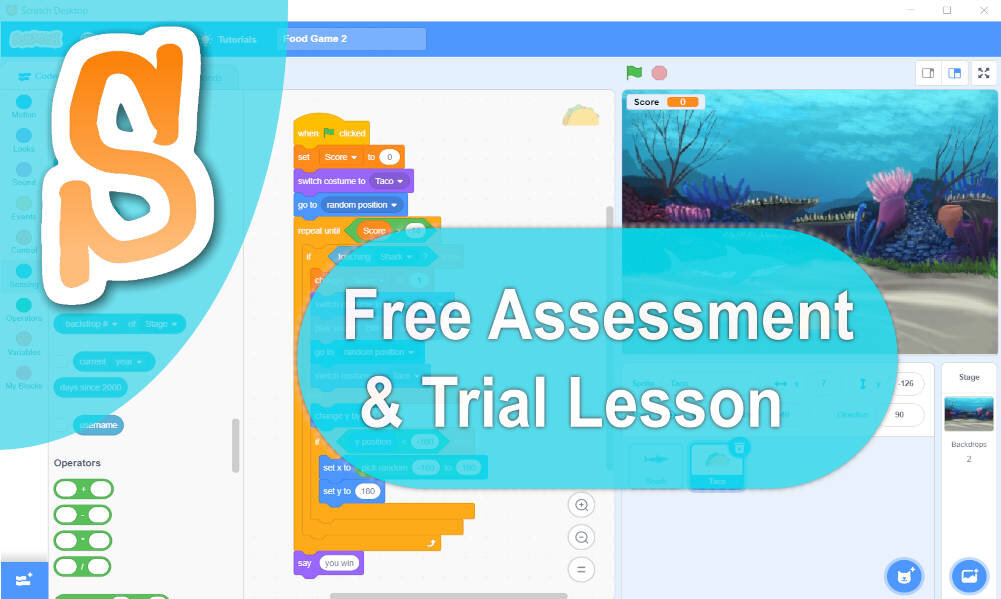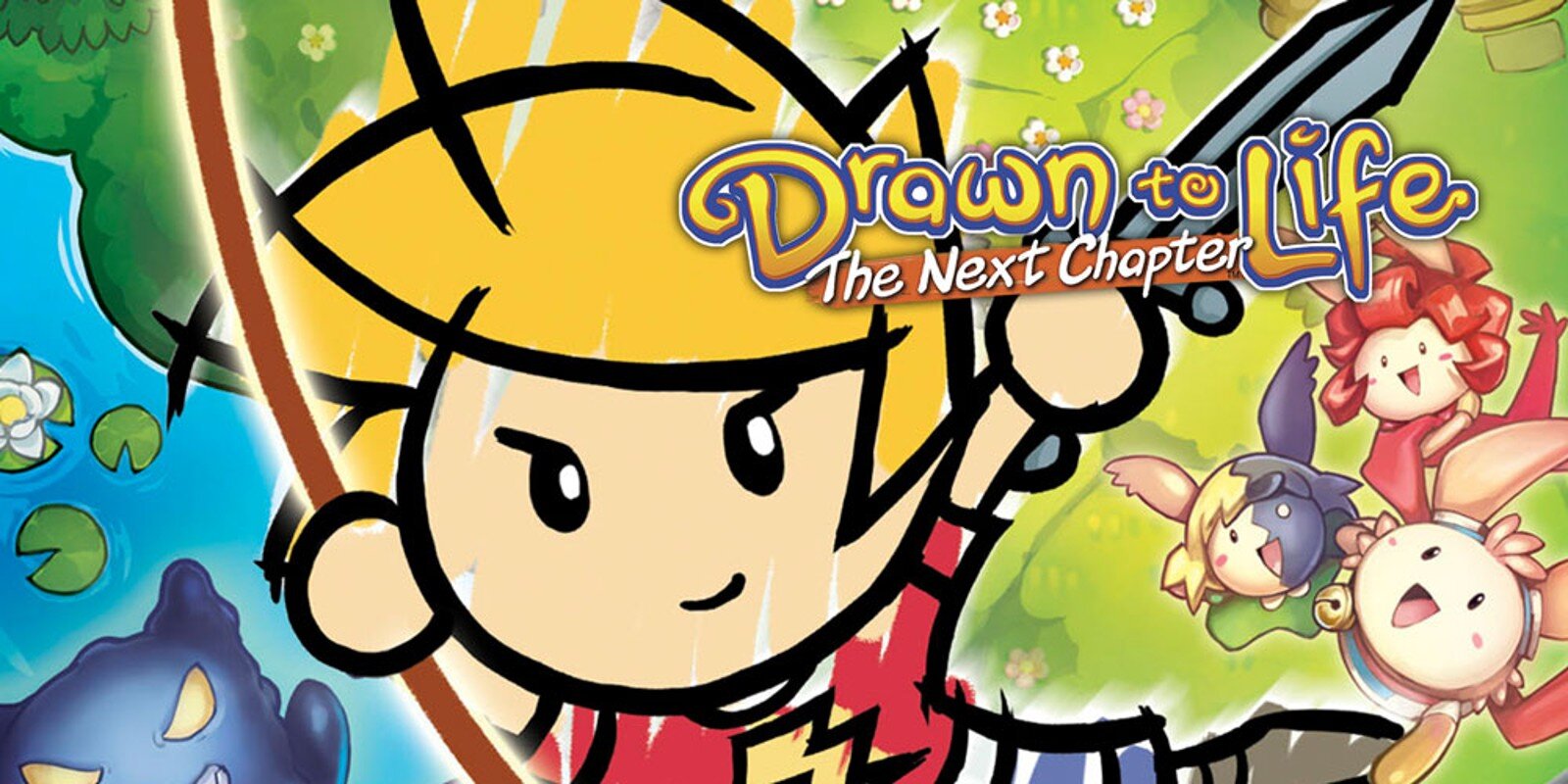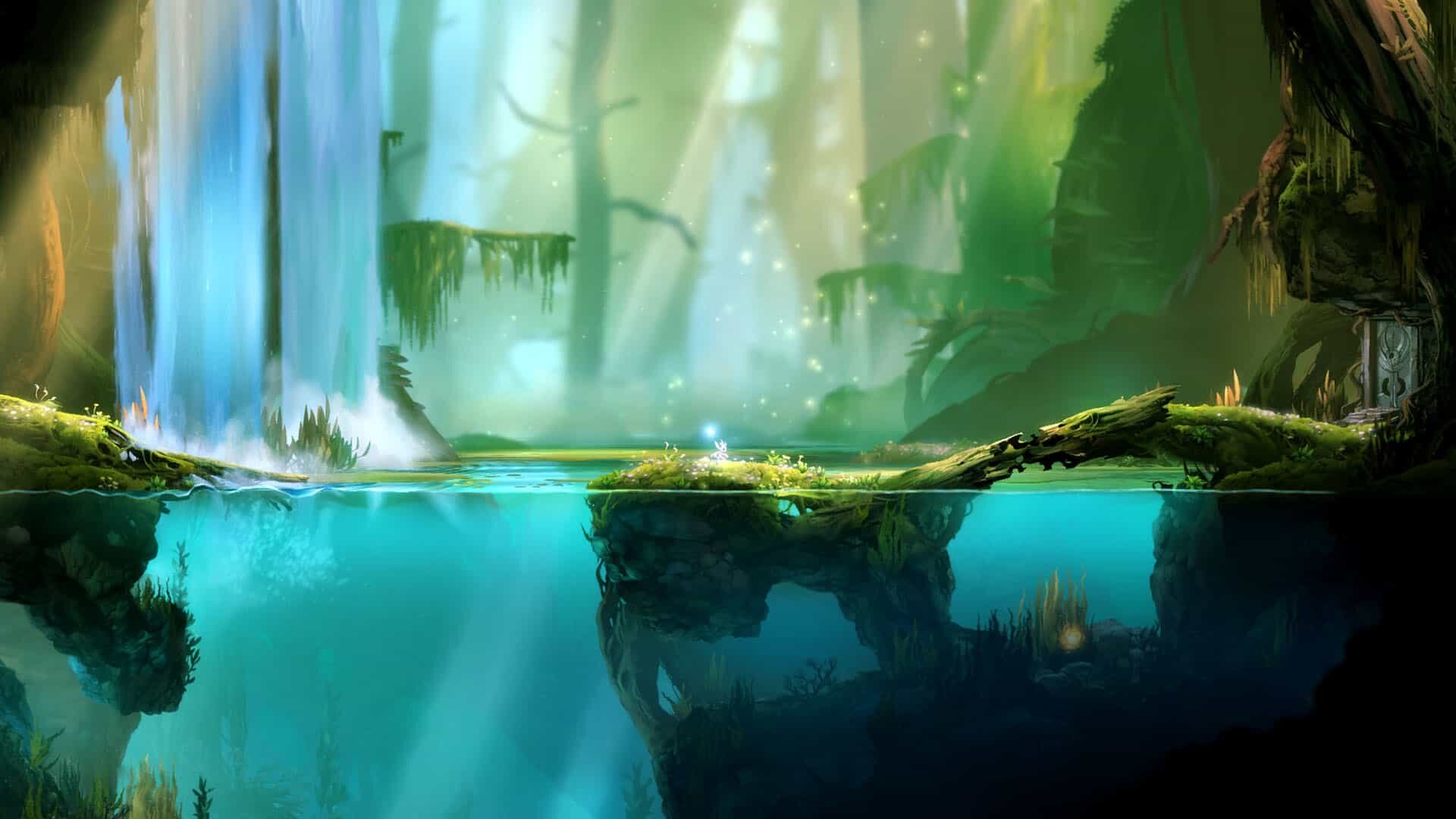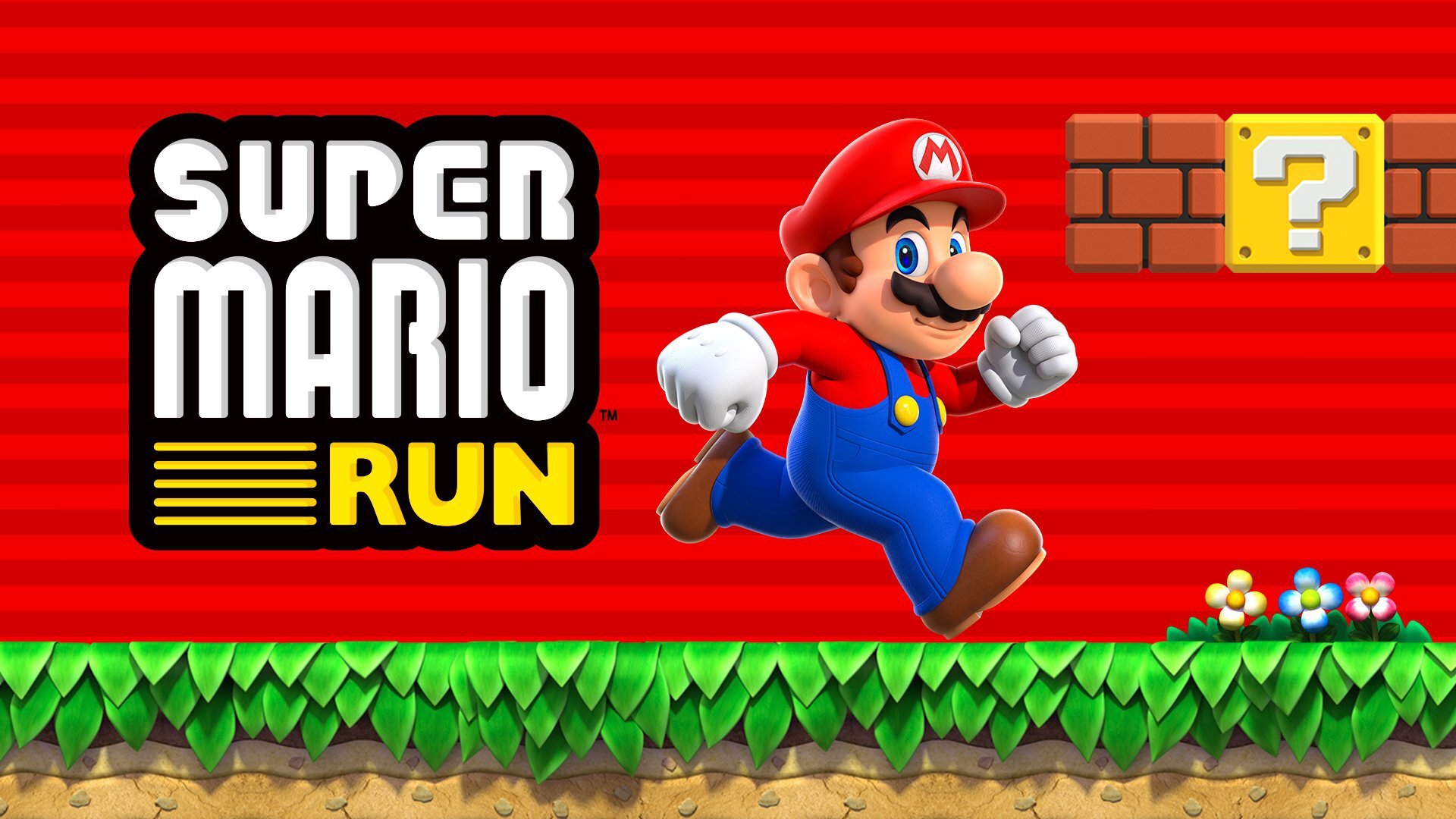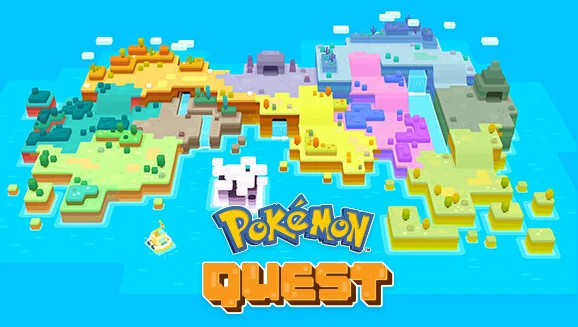Computer Science Education Week has come around once again and this year, the focus is on the modern applications for computer science that surround us on a day to day basis. For us, that involves every part of life from working to relaxing. But this was not always the case. As little as 80 years ago the impact computers could have on modern life had not been realised.
Nothing illustrates this quite like some incorrect - and funny - quotes from the past.
1) ‘I think there is a world market for maybe five computers.’ - Thomas Watson, chairman of IBM, 1943.
At the time this was said, Watson may have been right! Computers were huge, expensive and required a great deal of expertise to operate. This means that they just weren’t that useful for a whole lot of people.
ENIAC (Electronic Numerical Integrator and Computer) was the first fully programmable computer. Built in 1945, it weighed 30 tons and took up a whole room. (Source: Wikipedia)
2) "Computers in the future may weigh no more than 1.5 tons" - Popular Mechanics Magazine, 1949.
This quote is paraphrased from a section of the magazine that describes how it may be possible to create a computer that can accomplish everything that ENIAC does at one twentieth of the size. This may be impressive for the time, but not since the invention of transistors and circuit boards enabled much smaller devices to be built.
3) "There is no reason anyone would want a computer in their home" - Ken Olsen, president and founder of Digital Equipment Corporation, 1977.
1977 was the year that 3 major personal computers were released; including the Apple II which was a huge success and proved that the computer did belong in the home. Out of all of the quotes shown this one was proven to be incorrect the fastest although you could argue that personal computers were not a staple in the home until the invention of the internet a few years down the line.
Conclusion
It’s easy for us looking back to see how wrong these quotes ended up being, but it's important to remember that with the information available at the time, these were all perfectly valid viewpoints that many other people shared. Such is the reality of the world we live in, and one day in the not so distant future we’ll find ourselves in a future that no one could possibly have predicted.
These quotes serve as a reminder for us not to focus on what is possible in the modern day, but to look to what may be possible in the future. Instead of limiting yourself to a world where there is ‘a world market for maybe 5 computers’, dare to think what a future with millions of computers may look like.










